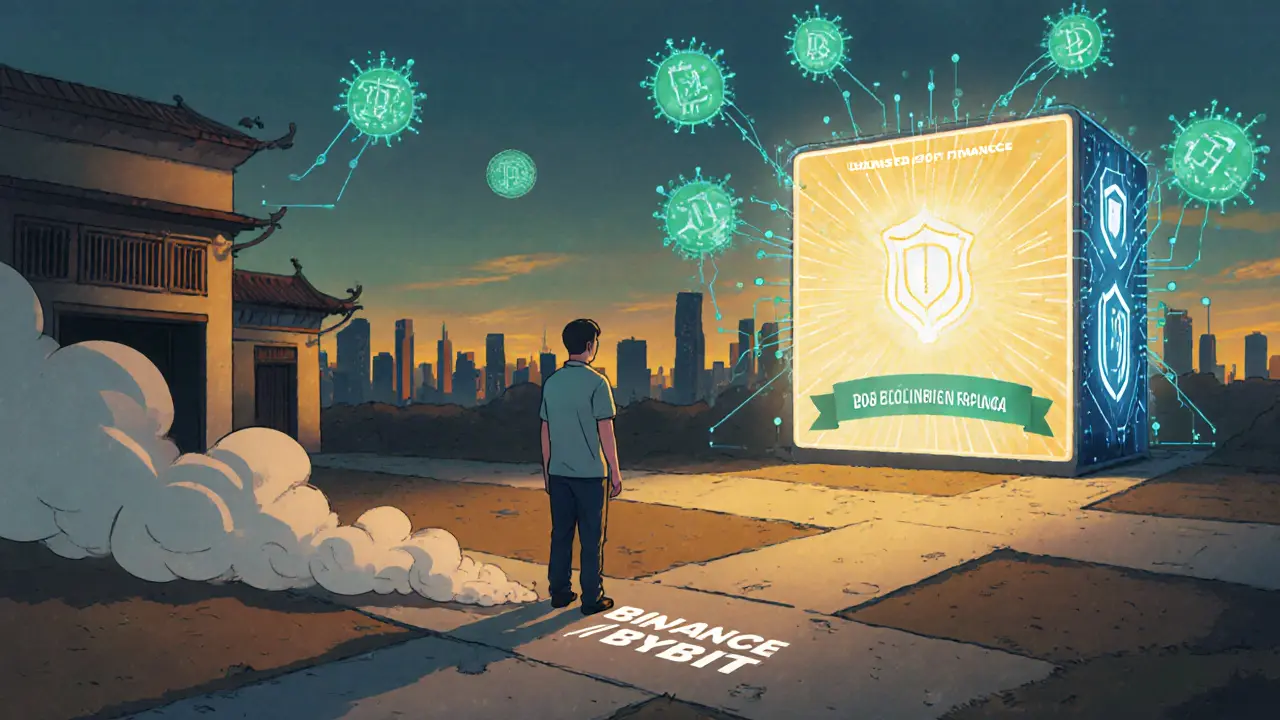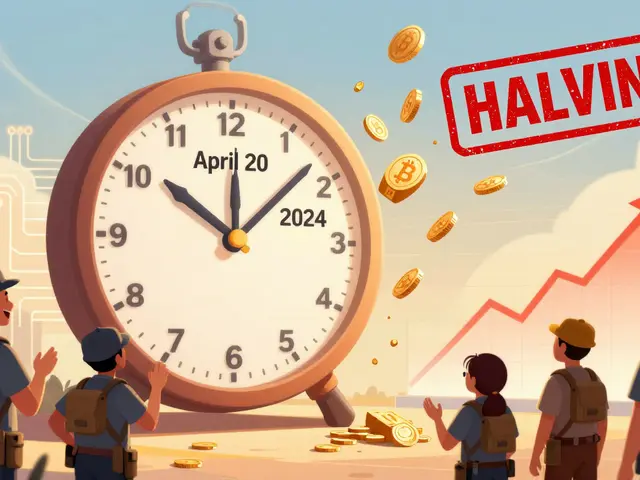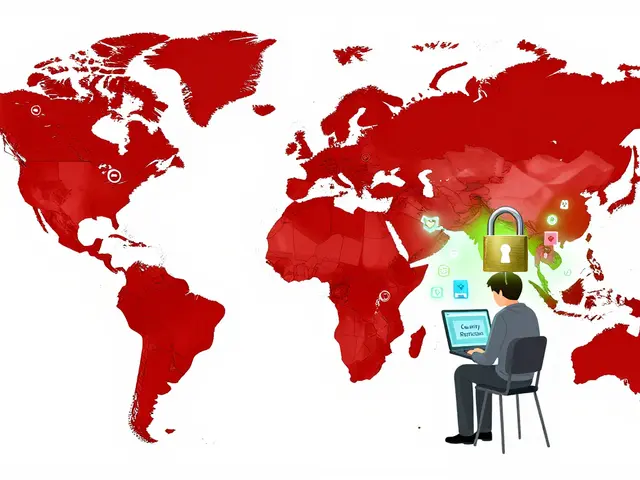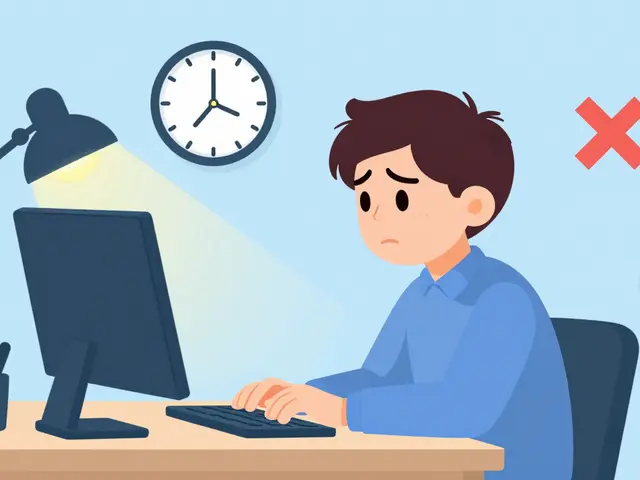Crypto Legal Vietnam: Rules, Risks, and What You Need to Know
When it comes to crypto legal Vietnam, the official stance from Vietnam’s government is clear: cryptocurrency isn’t banned, but it’s not recognized as legal money either. Also known as Vietnam cryptocurrency regulations, this gray zone means you can hold and trade crypto, but you can’t use it to pay for goods or services legally. The State Bank of Vietnam has repeatedly warned that crypto transactions have no legal protection—and if you get scammed, you’re on your own.
That doesn’t mean people aren’t trading. In fact, Vietnam ranks among the top 10 countries globally for crypto adoption, according to Chainalysis. Millions use platforms like Binance and Bybit to buy Bitcoin, trade altcoins, or earn from staking. But here’s the catch: any profit you make from selling crypto is technically taxable. The Vietnamese tax authority hasn’t issued formal guidelines yet, but they’ve signaled they’re watching. If you’re earning income from crypto, you could be required to report it under personal income tax rules. No one’s auditing small traders yet—but that could change fast.
What about mining? It’s not illegal, but it’s not encouraged either. Heavy electricity use from mining rigs has led to local crackdowns, especially in rural areas where power grids can’t handle the load. Some miners have had their equipment seized. And if you’re thinking about launching a crypto project or token sale in Vietnam? Forget it. The government has blocked all initial coin offerings since 2018. Even decentralized apps that accept crypto payments face legal risk.
There’s also the issue of scams. Vietnam has seen a surge in fake crypto investment schemes—especially Ponzi-style apps promising 5% daily returns. The police have shut down dozens, arrested hundreds, and recovered millions in stolen funds. But victims rarely get their money back. The lack of clear regulation means there’s no official body to file complaints with. You can’t go to the SEC or any equivalent. You’re stuck with local police, who often don’t understand blockchain.
So where does that leave you? If you’re holding crypto in Vietnam, treat it like any other asset—track your buys and sells, save receipts, and be ready to report gains. Don’t assume you’re safe just because no one’s come knocking. The government is building digital infrastructure, including a central bank digital currency (CBDC), which signals they’re preparing to bring crypto under tighter control. When that happens, compliance will matter more than ever.
Below, you’ll find real guides and reviews that cut through the noise. From how to report crypto gains under Vietnam’s tax code to which exchanges locals actually use—and which ones got shut down—you’ll find the facts you need to stay safe and informed. No fluff. No hype. Just what works in Vietnam right now.
Vietnam's Pilot Crypto Program 2025-2030: What You Need to Know
Vietnam launched the world's first legal crypto pilot program in 2025, allowing regulated trading until 2030. Here's what's allowed, what's banned, and how it affects traders and investors.





